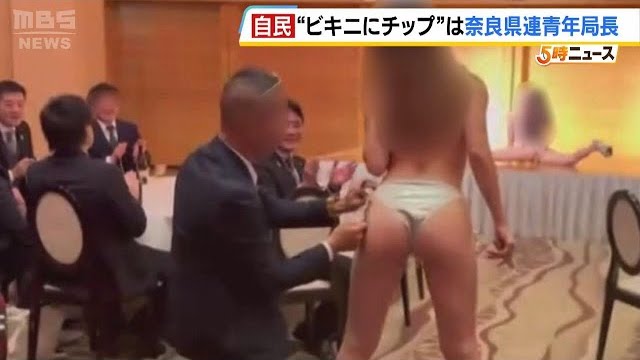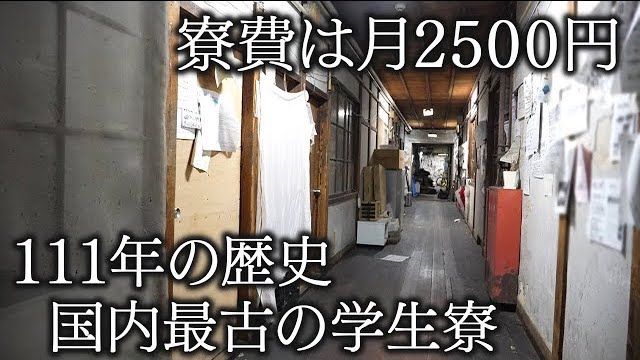Among the types of businesses that were requested to shut their doors due to the high risk of cluster infections of the coronavirus were pachinko parlors. At a press conference on May 13, however, the Tokyo Medical Association backtracked on its earlier opinions, posting a retraction and apology.
"At this point in time," read the statement, "there have been no reports of cluster infections at pachinko parlors. These were lumped together with other types of business...We regret this mistake and offer our apologies for any inconveniences caused."
But the damage had been done. A small number of parlors that failed to comply with the request to close voluntarily were specifically singled out for public shaming, first by the Osaka governor, and then in Fukuoka, Aichi, Tokyo and other prefectures.
These acts, considered quite extreme by Japanese standards, received heavy media coverage such as on afternoon TV "wide show" programs, where attorney Hideki Yashiro went so far as to blurt out accusatory comments like, "Pachinko parlors that don't close are, in a sense, stooges for antisocial groups."
The chorus of attacks notwithstanding, Nikkan Gendai (May 19) notes that the percentage of pachinko parlors that closed was actually higher than those of other types of businesses.
"During the Golden Week period, of 8,300 pachinko parlors, 8,196 closed, a ratio of 98.7%," said Takashi Kiso, director of the International Casino Research Institute. Pachinko, among the various business groups, had an extremely high ratio of closures. They responded energetically to the call for self-imposed restraints."
A factor behind the shaming may relate to appeals to people's emotions. The pachinko industry has a bad reputation and has long been on the receiving end of bias, with some people spreading the word via the internet that "pachinko exploits people with a gambling dependency and some shops remit their earnings to North Korea."
A survey by the University of Tokyo's Global Center of Excellence (COE) found that out of 1,548 pachinko halls, 37% had Korean backgrounds -- considerably lower than the 70% figure that has long been bandied about in the past.










